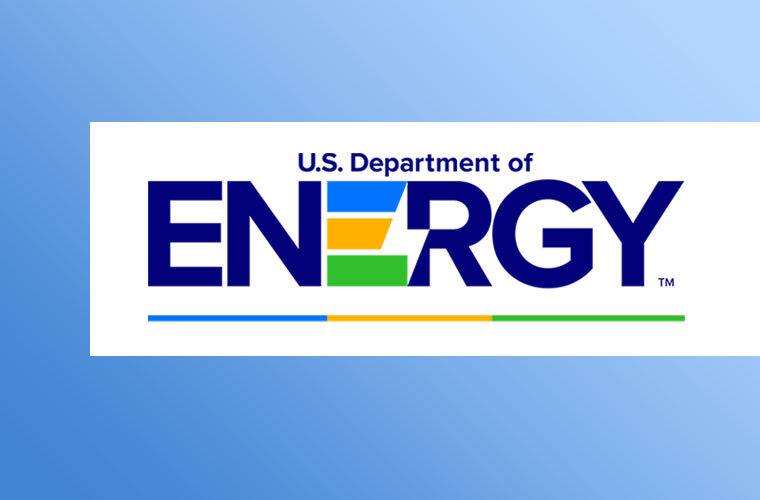The Department of Energy (DOE) is announcing its contribution to the newly-released 2021–2024 Quadrennial Supply Chain Review, published by the White House Council on Supply Chain Resilience. The Quadrennial Supply Chain Review assesses the resilience of supply chains for industries critical to national and economic security, including energy, agriculture, pharmaceuticals, semiconductors, national defense, and others. The report includes two chapters written by the Department of Energy’s Office of Manufacturing and Energy Supply Chains (MESC), which provide a four-year review of supply chains for the energy sector industrial base (ESIB) and the advanced batteries sector.
 DOE’s first chapter, which focuses on the ESIB, illustrates how the United States’ leadership is advancing a more secure and diversified energy industrial sector base to support an evolving energy system. The U.S. has made substantial progress in reinvigorating manufacturing and strengthened our energy supply chains by making them more resilient, robust, diverse, and competitive. Since 2021, the U.S. has invested $85 billion in reinvigorating manufacturing, processing and refining of critical minerals, and improving the productive capacity for U.S. energy products.
DOE’s first chapter, which focuses on the ESIB, illustrates how the United States’ leadership is advancing a more secure and diversified energy industrial sector base to support an evolving energy system. The U.S. has made substantial progress in reinvigorating manufacturing and strengthened our energy supply chains by making them more resilient, robust, diverse, and competitive. Since 2021, the U.S. has invested $85 billion in reinvigorating manufacturing, processing and refining of critical minerals, and improving the productive capacity for U.S. energy products.
 DOE’s second chapter focuses on advanced batteries and their complex, multi-tiered supply chains that includes minerals extraction and processing, industrial chemicals, engineered materials, and sophisticated downstream manufacturing operations, as well as transportation and logistics. Advanced batteries are critical for U.S. energy security and will play a vital role in affordable, decarbonized, and resilient future transportation, defense, and power sectors. Nearly $33 billion of U.S. government investment has supported onshoring of critical capabilities and commercialization of next-generation battery technologies.
DOE’s second chapter focuses on advanced batteries and their complex, multi-tiered supply chains that includes minerals extraction and processing, industrial chemicals, engineered materials, and sophisticated downstream manufacturing operations, as well as transportation and logistics. Advanced batteries are critical for U.S. energy security and will play a vital role in affordable, decarbonized, and resilient future transportation, defense, and power sectors. Nearly $33 billion of U.S. government investment has supported onshoring of critical capabilities and commercialization of next-generation battery technologies.
The Quadrennial Supply Chain Review also describes emerging challenges to certain critical industries and outlines a U.S. Government approach to combating the problematic and continued use of non-market policies and practices by certain foreign countries, which that disrupt free and fair commerce throughout our supply chains. DOE’s chapters explained how supply-chain buildout is threatened by market uncertainty and structural challenges and how demand uncertainty and price volatility are holding back investment in key sectors.
MESC is committed to building a resilient energy supply chain, and the chapters highlight additional steps that can be taken to advance supply-chain resilience. These priorities include providing support to existing investments to stabilize markets in the near-term, delivering first-of-a-kind domestic projects to onshore critical capabilities, continuing to build international partnerships to fill residual gaps and enhance the overall competitiveness of the supply chain, leveraging strengths in R&D and innovation to compete on next-generation technologies, and facilitating the emergence of a circular economy model for key input materials.
Learn more about MESC and its role in catalyzing investments in America’s energy future to support the re-shoring, skilling, and scaling of U.S. manufacturing across energy supply chains. MESC addresses critical vulnerabilities in U.S. energy supply chains.
Tagged with DOE





